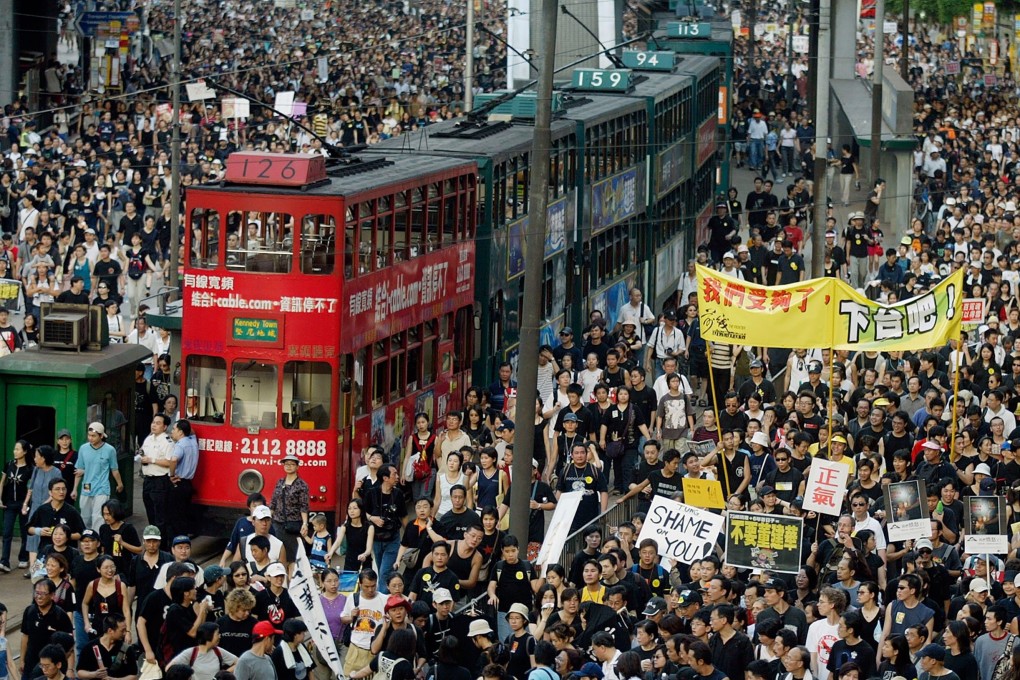Opinion | Hong Kong has no one to blame but itself for Beijing’s intervention in national security legislation
- Decades of political gridlock, neglect and refusal to compromise forced the central government’s hand. Local government leaders have been distant and aloof while opposition figures have failed to offer serious proposals on the Basic Law directive

Former undersecretary for the environment Christine Loh Kung-wai gave an interesting history lesson on an RTHK talk show last week during a discussion of the proposed national security legislation.
She reminded listeners she was a member of the Legislative Council in the 1990s. Before the handover, the council had a draft bill which “would have plugged the hole for Article 23”. She called it “a rather liberal version”. For various reasons, which Loh described as the “wisdom of the times”, the bill was not pursued.
Nothing has happened in the 17 years since. Successive chief executives said it was the wrong time for Article 23 legislation or they had other priorities. All this despite the clear directive in the Basic Law that the onus was on Hong Kong to draft and enact the law.

